Reduce Your Stress - Book Today for Your Ulimate Stress Relief
 Massage definitely helps relieve tension from stress. Many scientific studies prove stress can be reduced by massage therapy. Stress is natural. We all have it. It has many causes. It becomes a problem when its symptoms overwhelm us.
Massage definitely helps relieve tension from stress. Many scientific studies prove stress can be reduced by massage therapy. Stress is natural. We all have it. It has many causes. It becomes a problem when its symptoms overwhelm us.
Massage therapy relieves muscle tension that is a result of stress. Stress can be managed well and reduced by massage. Stress is a natural thing that we all have in our lives. It is caused by a number of social factors, big life events and work. When it becomes overwhelming, stress can cause a number of physical and mental health issues.
Massage Helps Reduce Your Stress – The Scientific Proof
The American Massage Therapy Association’s (AMTA) official position is that massage is effective at reducing stress. Backing this up, there are a number of scientific studies that prove this point.
- Keir S (2010) studied stress levels or patients suffering from brain tumours at Duke University Medical Center. Results show a significant decrease in stress levels over a 4 week massage therapy intervention.
- Keir S et al (2012) did a further study on brain tumour patients and found distress levels and sources reduced after massage.
- Listing M at al (2010) studied breast cancer patients. Over a 5-week period the group who had massages had reduced anger, anxiety and depression all of which are symptoms of stress.
- Garner B at al (2008) studied young adults in a psychiatric unit. Findings say even a single 20-minute massage from a qualified therapist reduces anxiety and stress levels.
- Professor Marianne Wallis RN, PhD (2005) studied 60 nurses over a 5 week period of massage treatment. The results suggested massage helps reduce stress levels in nurses who are very prone to suffering from it.
What is Stress?
Stress is a natural condition that is part of the human fight or flight response. When a situation causes stress, it stimulates your body to release chemicals (hormones). The main 3 that are fight or flight and stress related are;
- Adrenaline – dilates air passages, increases heart rate and directs blood to major muscles providing more oxygen to muscles to either fight or flee. Increases muscle strength. Heightens awareness.
- Noradrenaline – affects the brain and body. In the brain it improves our focus, alertness, memory formation and retrieval. In the body it stimulates the liver to release glycogen (stored energy). Also increases heart rate and blood flow to muscles. Additionally it reduces blood flow to digestive system and decreases its excretion.
- Cortisol – increase your blood sugar level so we have more energy available for emergency use (fight or flight).
We all have some stress in our lives and always will. There is a required level of it in life for us to function well. This is corroborated by Soran S. et al (2014) and many others who say stress and performance have a negative correlation. This means as stress rises over the required good level, performance drops. We all want to avoid this happening.
The Causes of Stress
What actually causes stress is by no means black and white. It is different for everyone. Dr Jim White PhD (2012) tells us social factors are directly related to stress. It is caused by persistent problems like noisy neighbours, money worries, having a poor education, being a single parent and not getting support during any of these situations.
Stress is also caused by good and bad, big life events we all have experienced. Examples of good things that stress us include planning a proposal of marriage, planning a wedding and actually getting married. Also trying to become pregnant and giving birth. Bad stressful events include having to cope with a long-term illness (diabetes). Also moving house, which is one of the most stressful life events there is. Additionally being overloaded with work, being unsure your job is secure, loosing your job, looking for a new job and starting a new job are all high stress causing events.
Watch Out for Symptoms of Too Much Stress
Stress can affect anyone at any time. When it becomes too much to cope with, bad things can happen to us. If you don’t manage it properly, suffering from anxiety and or depression can follow. So how do we spot we are suffering from too much stress? The NHS (2018) tells us common physical and mental symptoms to watch out for are;
- Feeling on edge all the time.
- Constantly worrying too much.
- Not being able to switch off.
- Poor sleep patterns and poor quality of sleep.
- Feeling tired and listless much of the time.
- Being less able to concentrate.
- Being irritable.
- Having angry outbursts.
- Having panic attacks.
- Being tearful more often than usual.
- Feeling hopeless and or helpless.
- Becoming overly pessimistic.
- Becoming overly cynical.
- Expecting the worst to happen.
- Drinking too much to compensate.
- Feeling worthless.
We can easily watch out for all of these in ourselves. Additionally, what happens to those around you can often affect you as well. So it is a good idea to watch out for them in others as well at work, at home and in social situations too.
References:
AMTA (2006) Massage Therapy Can Relieve Stress [Online] Available at https://www.amtamassage.org/statement2.html Accessed 28 08 2018
Keir S (2010) Effect of massage therapy on stress levels .. in brain tumor patients… [Online] Available at https://www.ncbi.nlm.nih.gov/pubmed/21046417 Accessed 28 08 2018
Keir S et al (2012) …the impact of massage therapy on … brain tumour patients. [Online] Available at https://www.ncbi.nlm.nih.gov/pubmed/24654222 Accessed 30 08 2018
Listing M at al (2010) The efficacy of classical massage on stress perception and cortisol following primary treatment of breast cancer. [Online] Available at https://www.ncbi.nlm.nih.gov/pubmed/20169378 Accessed 29 08 2018
Garner B at al (2008) … effect of massage therapy on stress … in a young adult psychiatric inpatient unit. [Online] Available at https://www.ncbi.nlm.nih.gov/pubmed/18478478 Accessed 30 08 2018
Wallis N RN, PhD (2005) THE EFFECTIVENESS OF … MASSAGE IN REDUCING … STRESS IN NURSES [Online] Available at http://www.ajan.com.au/vol23/vol23.4-4.pdf Accessed 30 08 2018
Soran S et al (2014) JOB STRESS AND PERFORMANCE: THE MEDIATING EFFECT OF EMOTIONAL INTELLIGENCE European Journal of Business and Social Sciences, Vol. 3, No. 5 , pp 67-75
White J Dr (2012) ‘Session 1 Welcome to Stress Control’, stresscontrol face your fears; be more active; control how you think; Booklet Improving Access to Psychological Therapies NHS
NHS (2018) Symptoms of stress [Online] Available at https://www.nhs.uk/conditions/stress-anxiety-depression/understanding-stress/#symptoms-of-stress Accessed 30 08 2018
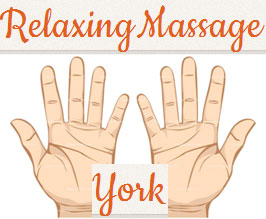

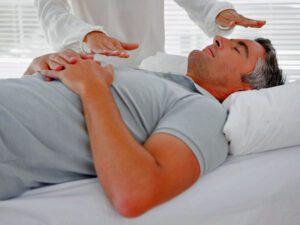
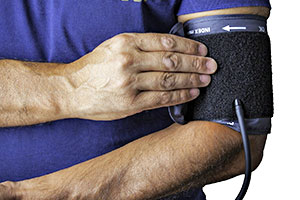








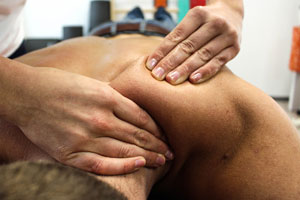



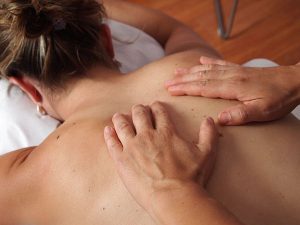

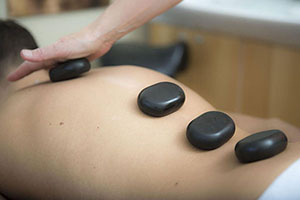


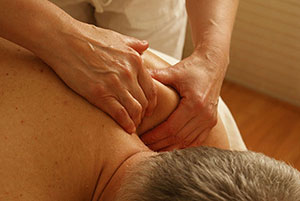
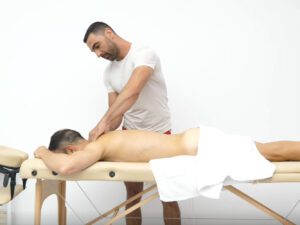
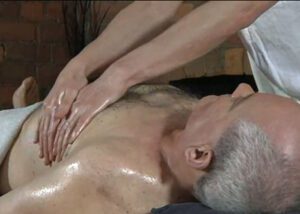
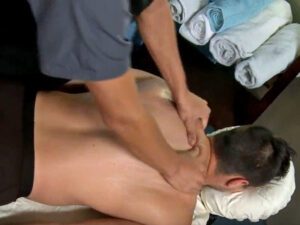
Hi There, read your post and now I understand a bit more about my stress. Could you make me a massage appointment please. I really think I need some of your stress relief treatment asap. Thanks, Pete
Hi Pete, Thanks for getting in touch. If you would like to book youself in for a massage please contact me by text or call 07979 814388. I will happliy book you in, even at short notice. I look forward to hearing form you and terating you soon. All the best, Kevin
I love your writing. I was looking for more related content on stress but had to search instead.
Hi Binn Nancy, If you are on a mobile device you must scroll to the bottom of the article for more on stress treatments I offer. There are some references down there too. If you are on a desktop then please look at the right hand navigation for more. If you want to book yourself a stress relieving massage then please do get in touch via the booking form. Then we can organise a mutually beneficial time for you to relax here and take a load off, as it were. All the best, Kevin